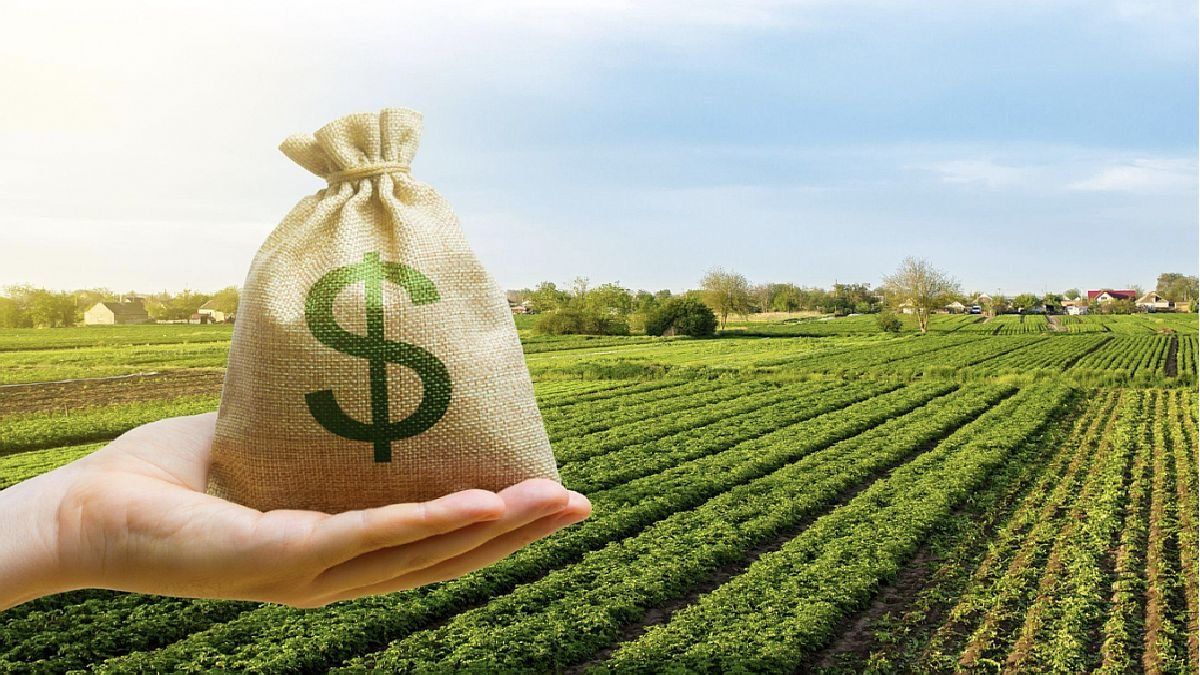Exporters that have adhered to the Export Increase Program (PIE) in the two previous versions and that have valid Affidavits of Sale Abroad (DJVE) may request an extraordinary extension of the shipping period of 60 calendar days, ordered the Ministry of Agriculture.
He did it through resolution 115/2023 published today in the Official Gazette, which specified that the extension request must be justified for logistical or commercial reasons.
He also pointed out that the registration of new operations of Affidavits of Foreign Sale modality DJVE 30 is excluded from the PIE, which have an extension of 30 calendar days once the shipping period has expired.
For its part, Agriculture will monitor grain purchase and sale operations in relation to the registration of the DJVEs that are within the Program.
Learn more – Follow the price of the blue, official, CCL and MEP dollar in Argentina
The resolution also determined that those who sell soybeans to companies that are included in the PIE through secondary grain settlements must guarantee that they are backed by prior grain primary settlements or marketed in markets authorized by the National Securities Commission.
Dollar agriculture: which are the sectors reached
In the annex, a summary of more than 50 reached for regional economies where meat appears as a novelty was made.
In this context, these different items were included: Live animals, meat and edible offal, fish and crustaceans, molluscs and other aquatic invertebrates, milk and dairy products; bird eggs; Natural honey; edible products of animal origin, not elsewhere specified or included; other products of animal origin not elsewhere specified or included, live plants and floriculture products, vegetables, plants, roots and tubers for food.
Edible fruits and fruits were also incorporated; citrus rinds (citrus), melons or watermelons, coffee, tea, yerba mate and spices, cereals, milling products; malt; starch and starch; inulin; wheat gluten, oilseeds and oleaginous fruits; seeds and various fruits; industrial or medicinal plants; straw and fodder, gums, resins and other vegetable juices and extracts, plaiting materials and other products of vegetable origin, not elsewhere specified or included, animal or vegetable fats and oils; products of its cleavage; processed edible fats; waxes of animal or vegetable origin, preparations of meat, fish or crustaceans, molluscs or other aquatic invertebrates, sugar and confectionery, cocoa and its preparations, preparations based on cereals, flour, starch or milk; bakery products, preparations of vegetables, fruit or other fruits or other parts of plants,
In addition, various food preparations, beverages, alcoholic liquids and vinegar, residues and waste from the food industry; prepared animal feed, tobacco and manufactured tobacco substitutes, essential oils and resinoids; perfumery, toilet or cosmetic preparations, albuminoidal substances; modified starch or starch products; tails; enzymes, wood, charcoal and articles of wood, cork and its articles, manufactures of plaiting or basketry, silk, wool and fine or coarse hair; yarns and fabrics of horsehair, cotton.
According to the decree, participation is voluntary but must be “Comply with the price agreements for the local market established in this regard by the Ministry of Commerce, as well as with the other conditions established by the Ministry of Economy.”
Source: Ambito




